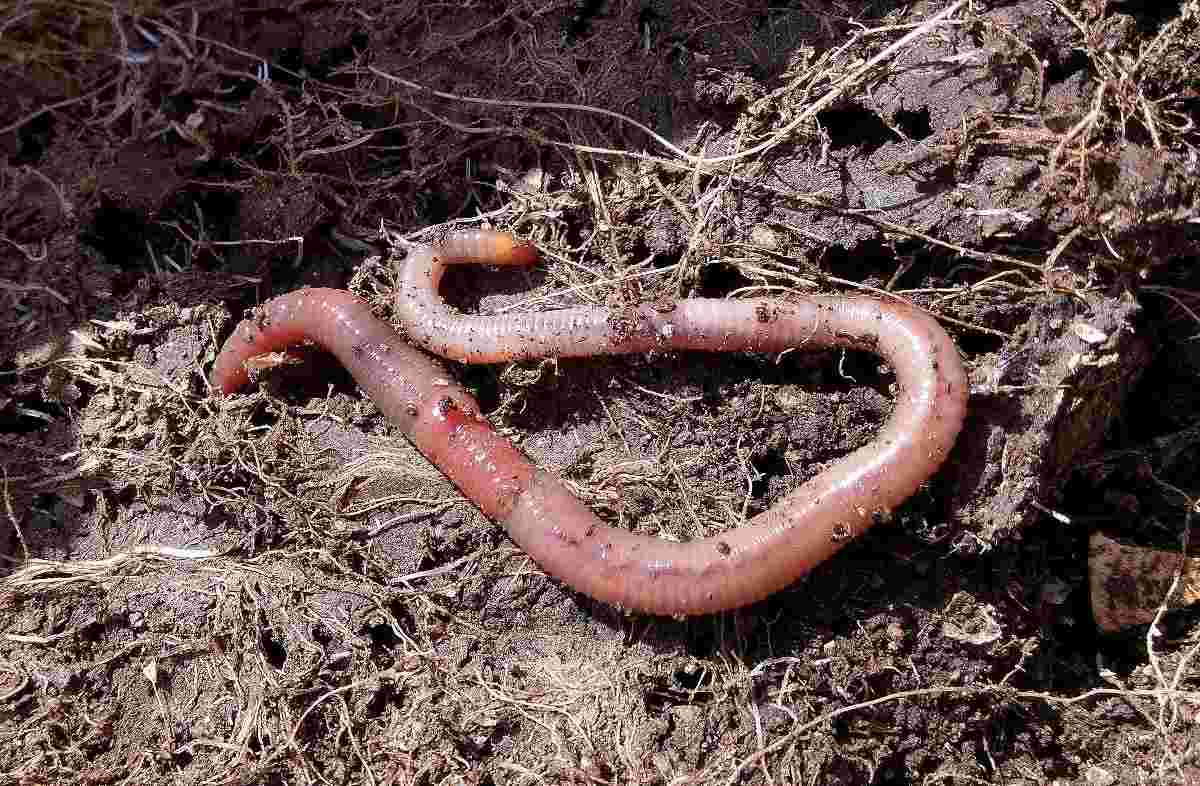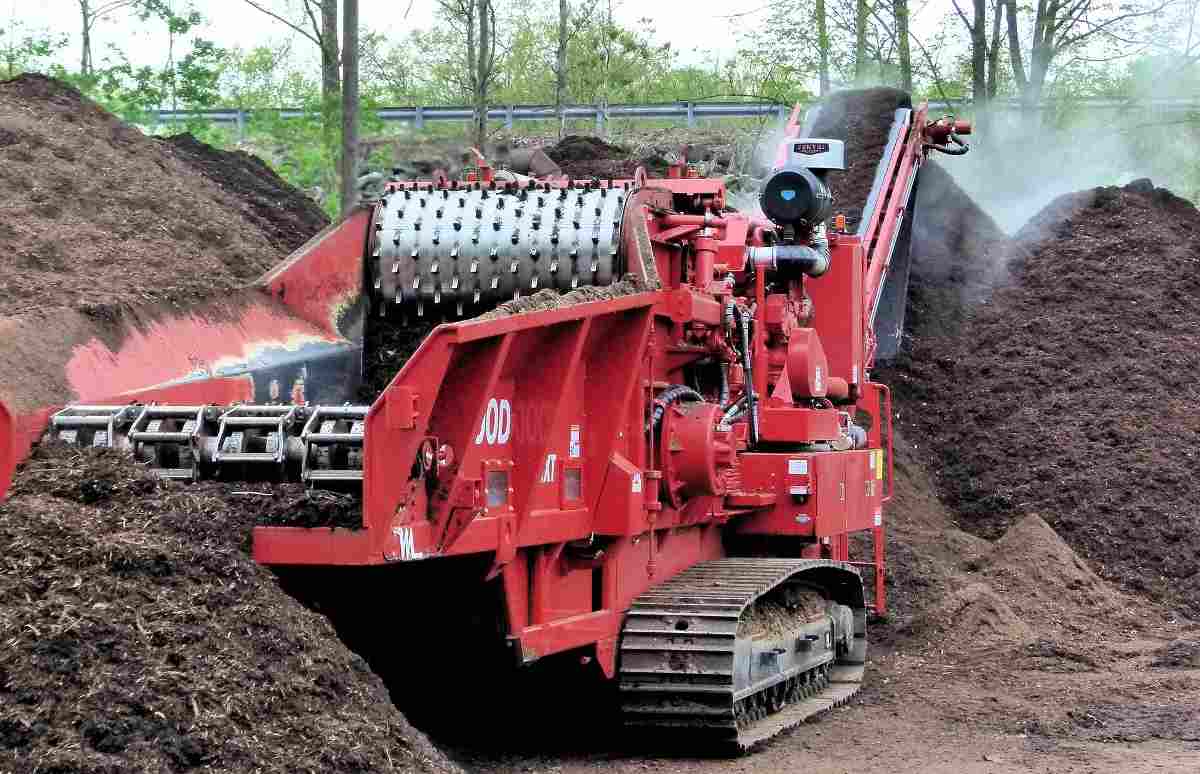Vermicompost project report, business plan, proposal
Introduction
Hello budding entrepreneurs, are you looking to set up a Vermicompost unit? Would you desire to have an idea about the Vermicompost Production Cost, and Income generated, well, we are here to mention some of such information? Vermicomposting is a process by which Earthworms are used to digest the organic matter to a material that is vital for improving the fertility of different fields. This material is called Vermicompost which comprises nutrients, plant growth hormones, and aids to improve soil structure by enhancing the water-holding capacity of the soil. This process is popular as Bio-oxidation and stabilization of the organic material.
Vermicomposting is a profitable business as currently many of us are fond of organic fruits, vegetables, and other products as they are not formed by using harmful fertilizers. They are the products of organic farms where composts and manures developed from Vermicomposting and composting techniques are used. This in a way promotes eco-friendly agriculture without disturbing the natural process of the soil. In the coming section, let us check the production cost of Vermicompost along with the observed income and returns.
A guide to model Vermicompost Project Report
By using the proper kind of earthworms vermicomposting is performed in compost pits. This can be prepared into a manufacturing unit as the vermicompost has a high requirement in the market for the production of organic food. This is a good lucrative business where the expenses involved are less than Rs. 2.0 per Kg where the vermicompost is sold at the rate of Rs. 3.50 to Rs. 4.50 per Kg.
Process of vermicomposting
This process begins with the pooling of crop leftover, agricultural waste, some animal wastes, vegetable waste, cow dung, and all the organic waste. The pits are retained shallow to avoid raise in temperature that is detrimental to earthworms. Earthworms rapidly convert the material if the temperature is upheld around 30°C. For this complete step, first, we need to build brick-lined beds having 0.9-1.5 m width and 0.25-0.3 m height and this should be built inside a shed that is open from all sides. On a commercial scale, the beds are made with 15 m length, 1.5 m width, and 0.6 m height. These dimensions cannot be altered as the increase in the width disturbs the ease of operation and the bigger height will raise the heat. Cow dung farm waste is positioned in layers up to a height of 0.6-0.9 m and the organisms are introduced in between the layers in quantities like 350 worms per m3 of bed volume that weighs about 1 Kg. The beds are kept at about 40-50% moisture content and 20-30°C temperature is preserved by scattering water over the beds.
For commercial-scale production, a substantial amount of Rs. 5,000 – Rs. 6,000 for every ton of vermicompost has to be spent primarily on capital items. This high unit capital cost is due to the substantial expenditure on the preparation of Vermi beds, sheds to arrange for shelter to these beds, and extra machinery, but these costs are experienced only once. For the transportation of raw materials because we need organic wastes and dung that are far from the production unit and the finished product production needs operational costs as they have to be again transported to far off places. Hence, these operational costs will rise depending on the availability of organic waste and the transportation of end products based on the need. In the next section, we have stated the items needed to set up a unit for the vermicompost production.
Earthworms – Popularyl known as farmers friends

There are approximately 350 species of earthworms with varied food and burrowing behaviors. Eiseniafetida, Eudriluseugeniae, and Perionyx excavates are some of the species that efficiently convert the organic wastes into compost. The species which form the deep burrows through the deeper layers have to be selected for commercial vermicomposting. An earthworm requires 6 weeks to lay one egg capsule, 3-7 worms arise out of each capsule and hence the worms will need a very little period to increase and properly grow under ideal conditions. The worms will survive for 2 years, fully grown worms can be divided and dried in an oven to make worm meal, used as animal feed as it has 70% protein.
Area required to start Vermicomposting unit
For arranging a large-scale unit or planning for a commercial unit, the appropriate location for the vermicomposting units are the suburban areas of cities and peri-urban villages that have a major population that depends on agriculture. It is also dependent on the availability of raw materials and the promotion of the final product. These places could reduce transportation expenses. These units can also be located near to the areas where the fruit and vegetable, floriculture divisions, or farms are present. Establishing these units near the dairy farms will be an advantageous aspect to procure the cheap raw material i.e., cow dung.
Requirements to start a Vermicompost commercial unit
These commercial units have to be established based on the obtainability of cow dung nearby. The basic requisites for setting up a viable unit comprises the following:
Sheds:
This is a crucial unit for vermicomposting. This can be arranged by using roofing constituents or the HDPE sheet and the poles with bamboo rafters and purlins, or wooden or steel trusses and stone, or even the RCC pillars. This is critical to stop the bedwetting due to rain. Space should be left around the beds for the comfortable movement of the workers involved in the process associated with the filling and harvesting of the beds.
Vermicompost beds:
The beds should be 0.3-0.6 m in height and will be dependent on the facility of drainage of surplus water. A uniform height is significant over the entire width to prevent low production because of the low volume of beds. The bed width should not be greater than 1.5 m so that the worms can conveniently reach the inner layers of the bed and during the process of transformation. It is essential to mix the layers after half of the conversion so that the complete waste is modified into the final product.
Land required to start Vermicomposting unit
About a half of an acre is required to set up a commercial unit which can accommodate about 6-8 sheds for convenience. The land should accommodate a bore well or a pump or water facility. The power connection is also essential for vermicompost unit operations.
Seed stock for Vermicomposting unit
Even though the worms grow faster but it is not judicious to wait till the worms get multiplied as the capital is huge on setting up the arrangement. The worms 1 Kg per m3 of bed volume is adequate to begin the unit and will enough to attain the required population in 2-3 cycles without any delay.
Fencing for protecting Vermicomposting unit
The land must be protected to prevent trespass by unwanted animals or other unwanted stuff which is mainly based on the length of the boundary of the farm. The costs of fencing should below as these are vital and they do not add up the production expenses.
Water supply system for Vermicompisting unit
Drippers would be convenient for a constant supply of water as they can be set up with round clock flow arrangements. This system also avoids water loss. The cost of these things relies upon the unit and the type of water supply selected.
Machinery required to start Vermicomposting unit
Machinery is necessary for shredding the raw materials and for cutting them into small pieces, spreading the raw material to the Vermi sheds, unloading, loading, gathering of composts, loosening of compost beds for exposure to air, compost grinder, air drying of compost before it can be packed, or even for automatic packing, etc.
In case if you miss this: Recycling Business Ideas.

Project cost for Vermicomposting unit
Project cost for Vermicomposting unit
A. Capital Cost
Item Cost (Rs.)
Construction of a temporary shed for planning 200tpa vermi-compost unit = Rs. 72,000
Machinery for a 200tpa unit = Rs. 80,000
Office and store = Rs. 60,000
Water facility = Rs. 60,000
Two NADEP tanks = Rs. 5,000
Total amount required to start Vermicomposting unit = Rs. 2,77,000
B. Recurring Cost
Item Cost (Rs.)
1 Feed stock & handling charges = Rs. 72,000 per cycle for 5 cycle in a year = Rs. 3,60,000
2 Rent on lease = Rs. 8,000 per year 8,000
Total = Rs. 368,000
(Operational cost of two cycles is capitalised)
Total Project charges: Capital cost = Rs. 2,77,000
Recurring cost = Rs. 1,44,000
Total = Rs. 4,21,000
5. Margin (20%) = Rs. 0.85 lakhs
6. Bank loan = Rs. 3.36 lakhs
7. Rate of interest = 15% p.a.
8. Repayment period = 8 years including grace period of one year
Profit in Vermicomposting commercial unit
Selling of vermicompost = Rs. 2500 per ton = Rs. 4,50,000 per year
Selling of worms = 5 kg per tonne of compost and Rs. 50 per kg = Rs. 45,000 per year
Consultancy and extension works = Rs. 10,000
Total = Rs. 5,05,000 for second year
Net profit for first year = Rs. 5,05,000 – 4,21,000 = Rs. 84,000
10. Economics of the Project:
Net present worth = Rs. 2.35 lakhs
Benefit cost ratio = 1.12 : 1
Internal rate of return = 36%
Points to note to make a successful Vermicomposting commercial unit
- A margin of 20% is expected, but the actual margin will be as per the decision of the banks.
- An interest rate of 15% is expected, however, the actual rate will be as per banks’ choice.
- Similarly, the other economic/financial limitations such as the repayment period, IRR, DSCR, etc., may also differ depending upon the margin, interest rate, etc., considered by the bank.
- Handicraft Making at Home: A Small Profitable Business Idea
- Pet-Tech Startups: Innovations for Animal Lovers
- Tech Repair Services: Meeting the Demand for Gadget Maintenance
- Maximizing Rewards: Smart Credit Card Habits for Cashback and Points
- Ultimate Guide to Making Money from Goat Milk Business
- How to Start an Agricultural Value Added Product Business
- Value-Added Business Ideas for Greenhouse: The Best Ways to Make Profits with Greenhouse Farming
- How to Make Profits with Organic Country Chicken: Best Strategies for Beginners
- 10 Value-added Business Ideas for Millets: Low-investment and Highly Profitable
- Why Cleaning Service Business Becoming More Profitable in Metro Cities in India
- 10 Best Businesses to Start in Ayodhya for Profits
- Top Drone Business Ideas in India: Unlocking Aerial Innovation & Opportunities
- Top 10 Service Businesses You Can Start with No Money
- Ultimate Guide to Starting a Home-Based Advertising Agency Business
- Starting a Nail Salon Near Your Location: Check List, Business Plan, Licensing, and Opening Instructions
- Construction Company Name Ideas: Guide to Create New Construction Company Names
- 8 Best Small Businesses to Start in Hyderabad: Low-Cost and Profitable
- 10 Best Small Businesses to Start in Massachusetts: Low-Cost and Profitable
- 10 Best Small Businesses to Start in Maryland: Low-Investment and Profitable
- 10 Best Small Businesses to Start in Delaware: Low-Investment and Profitable
- 10 Best Small Businesses to Start in Connecticut: Low-Investment and Profitable
Very👌useful
Pl help me to lead my business
Andhra pradesh
India